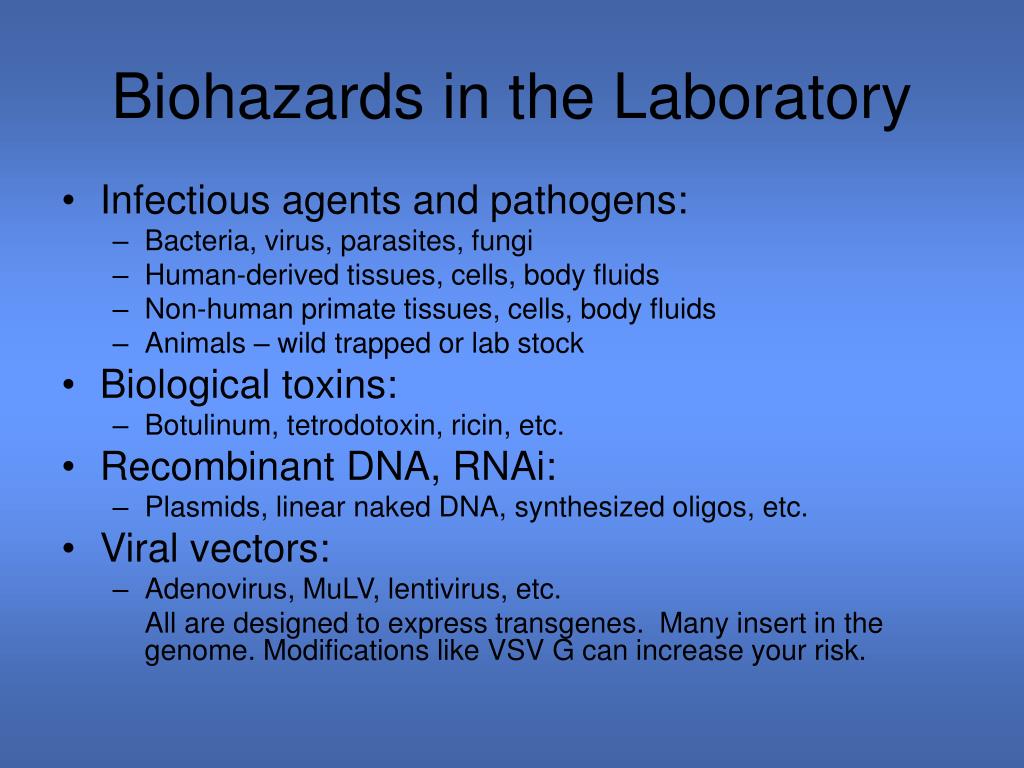How Pet Diagnostics Improve Wellness for Cats and Dogs
How Pet Diagnostics Improve Wellness for Cats and Dogs
Blog Article
Supporting your pet’s medical needs helps them thrive. Pet health labs are crucial for identifying health issues for household pets.
In this discussion, we’ll delve into how pet diagnostic centers function, what tests they offer, and how these services benefit your pets.
Understanding the Role of Veterinary Testing Centers
Veterinary labs focus on examining medical concerns in household pets. Veterinary clinics use their findings to make accurate diagnoses.

How they work generally features:
- Collecting samples: Key biological materials are obtained at clinics.
- Sample examination: Advanced tools analyze the samples.
- Creating a report: The lab shares diagnostic findings to the veterinarian for treatment recommendations.
Common Veterinary Tests for Pets
Veterinary labs offer a variety of tests to address health concerns early. Popular diagnostic services include:
- Biochemical analyses: Identify infections.
- Urine tests: Assess kidney function.
- Digestive system checks: Evaluate gut health.
- Allergy screenings: Pinpoint allergic reactions.
- Radiographic tests: Check for fractures.
The Benefits of Veterinary Diagnostics
Regular health checkups supports preventing serious illnesses. Early detection reduces treatment costs.

Important reasons include:
- Effective treatment plans: Ongoing support for your pet’s needs.
- Peace of mind for pet owners: You’ll know if something is wrong.
- Lower medical bills: Manage minor issues before they escalate.
laboratorio de analises clinicas veterinariasclínica veterinária e laboratório ivd
laboratório veterinário perto de mim
Why Veterinary Testing is Essential for Cats and Dogs
Using veterinary labs for your furry companions keeps them happy and healthy. Pet testing facilities help identify issues early to create personalized care plans.
Make lab testing part of your pet’s health plan to give them the best care possible!
Report this page